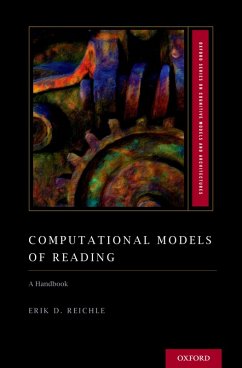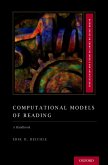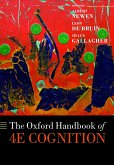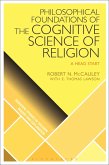This book is about computational models of reading, or models that explain (and often simulate) the mental processes that allow us to convert the marks on a printed page into the representations that allow us to understand the contents of what we are reading.
Computational Models of Reading assumes no prior knowledge of the topic and is intended for psychologists, linguists, and educators who are interested in gaining a better understanding of what happens in the mind during reading. Erik D. Reichle includes introductory chapters on reading research and computational modelling, and the "core" chapters of the book review both important empirical findings and the models designed to explain those findings within four domains of reading research: word identification, sentence processing, discourse representation, and eye-movement control (which involves coordinating word, sentence, and discourse processing with the perceptual, cognitive, and motoric systems responsible for vision, attention, and eye movements). The final chapter of the book describes a new integrative model of reading,
?ber-Reader, and several simulations using the models that demonstrate how it explains several key reading phenomena.
Dieser Download kann aus rechtlichen Gründen nur mit Rechnungsadresse in A, B, BG, CY, CZ, D, DK, EW, E, FIN, F, GR, HR, H, IRL, I, LT, L, LR, M, NL, PL, P, R, S, SLO, SK ausgeliefert werden.









